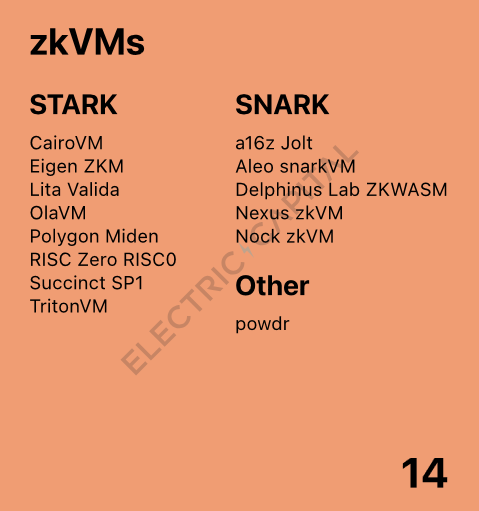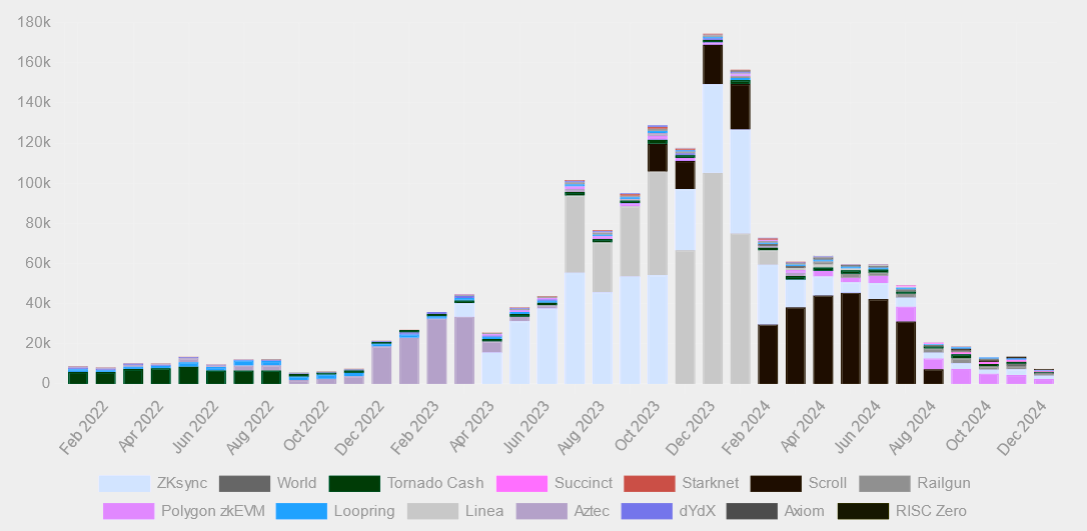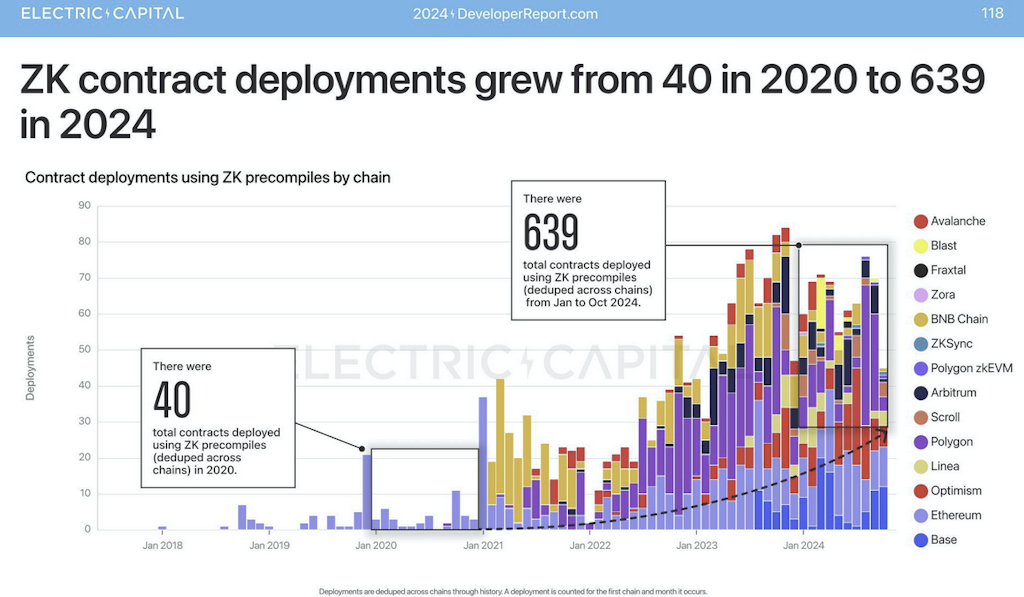Scroll Launches OpenVM, an Open-Source zkVM Framework
Today, Scroll, Axiom, developer Max Gillet, and the Ethereum Foundation’s Privacy & Scaling Explorations (PSE) team announced OpenVM, an open-source zkVM framework for instant proving.
OpenVM will be adopted by Scroll L2 as its zkVM and plans to validate mainnet blocks shortly. This transition moves Scroll from a Type-3 to a Type-1 zkEVM, which is fully Ethereum-equivalent.
Following this upgrade, Scroll will advance to a Stage-1 rollup with a complete proof system.
The decision to develop a new zkVM was motivated by a belief that existing zkVM solutions were “monolithic” and restricted developers to vertically integrated stacks. OpenVM's modular architecture allows Scroll to introduce features without altering the underlying circuit, enabling developers to benefit from zkVM enhancements without modifying application code.
The State of ZK
OpenVM enters a competitive market with at least a dozen existing zkVMs, such as RISC Zero “RISC0” and Succinct’s “SP1.” Unlike traditional virtual machines, zkVMs compile and execute smart contracts into zero-knowledge proofs securely and privately.

Proofs submitted to Ethereum mainnet peaked in December 2023, primarily from zk rollups like Linea, ZKsync, and Scroll. Proof volumes decreased in 2024 due to two factors:
First, proof generation increasingly uses recursive proof aggregation, which verifies multiple proofs within one proof to lower costs.

Second, proof verification efficiency has improved, leading to significant cost reductions compared to last year.
Prover networks like Risc Zero’s “Boundless” and Fermah enable applications and rollups to reduce zk-proving costs by outsourcing proof generation to specialized hardware providers using ASICs and GPUs that compete to produce zk proofs affordably.
Electric Capital’s recent developer report indicates there are 2,054 monthly active developers engaged in zk development. The number of zk contract deployments has increased from 40 to 639 over the past four years.
